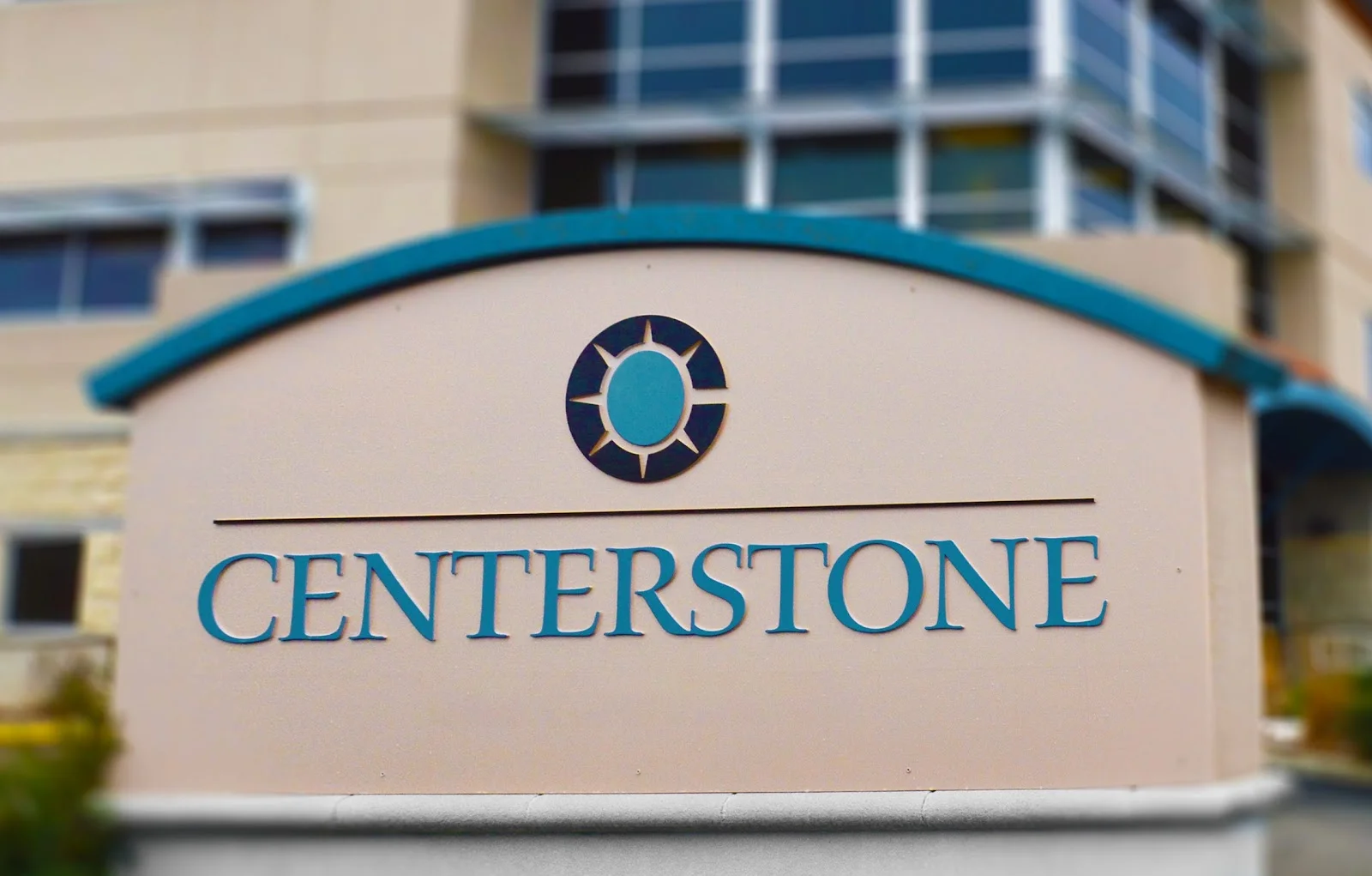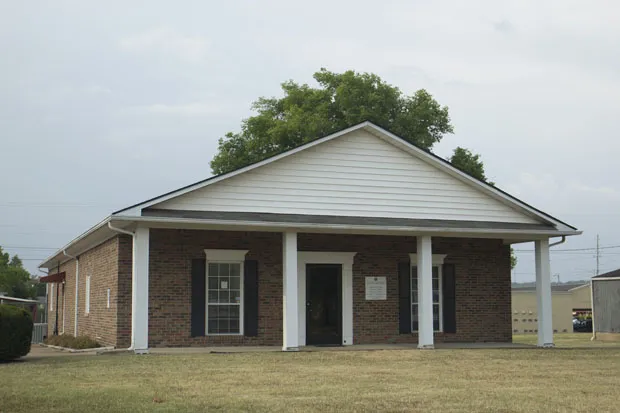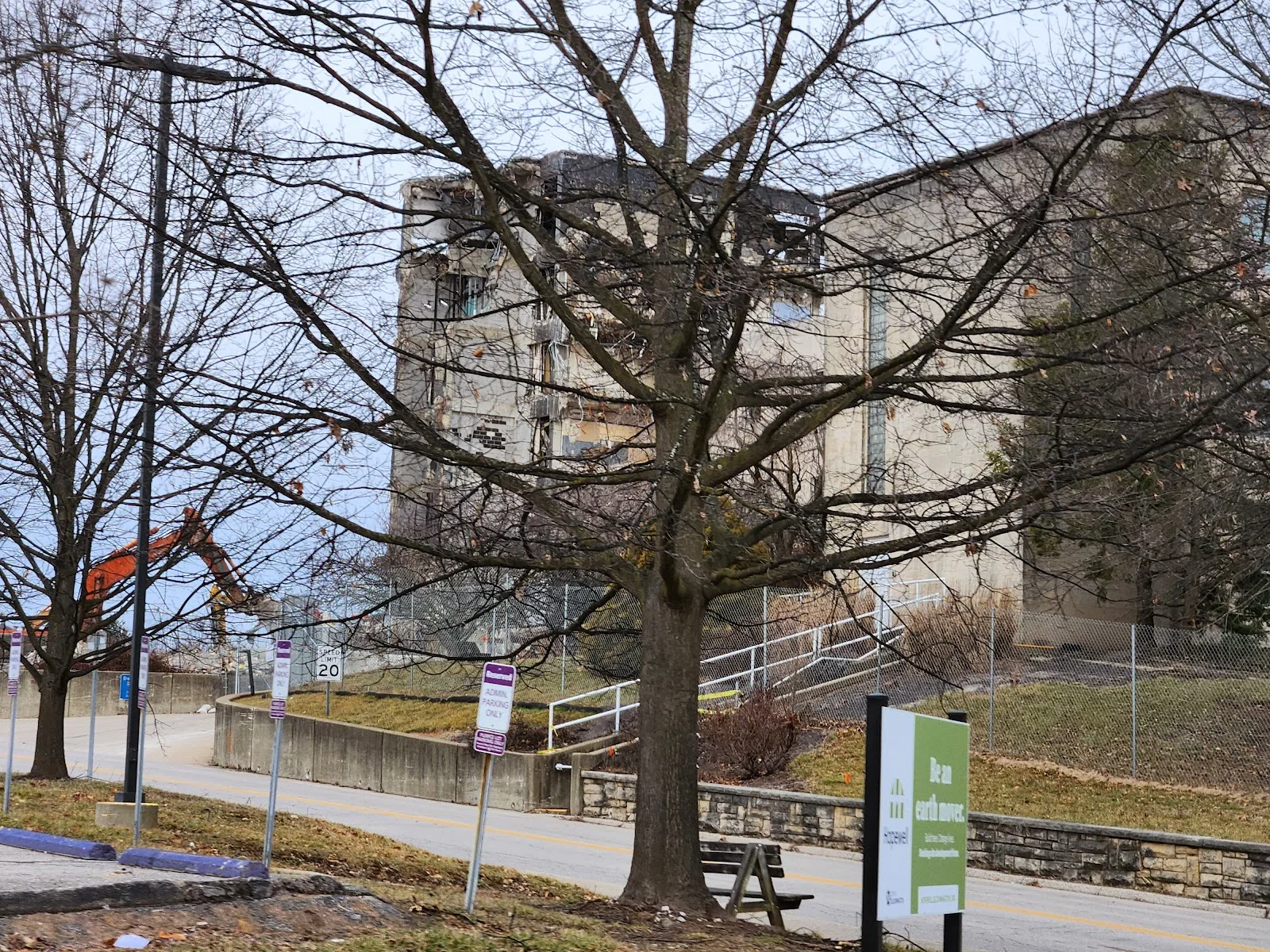Centerstone 1307 West Main Street Information
Treatment
Who We Treat
- Children
- Adolescents
- Male and Female
- Veterans
- Loved Ones
Treatment Focus
- Veterans
- Children
- Licensed Primary Mental Health
- Drug Addiction
Approaches
- Family Involvement
- Evidence-Based
- Trauma Informed
- Individual Treatment
Conditions We Treat
- Post Traumatic Stress Disorder (PTSD)
- Anxiety
- Depression
- Obsessive Compulsive Disorder (OCD)
- Bipolar
- Trauma
- ADHD/ADD
Substances We Treat
- Alcohol
- Prescription Drugs
- Heroin
- Opioids
- Synthetic Drugs
Languages
- English
Aftercare
- Relapse Prevention Planning
- Continuing Care
- Discharge Planning
- Support Meetings
Level of Care
- Outpatient
- Co-Occurring Mental Health
Accreditations
-
State mental health department
State mental health department accreditation refers to the process of evaluating and certifying the quality and standards of a state's mental health department, ensuring that it provides high-quality services and meets specific criteria for mental health care. The accreditation process is performed by a third-party organization and helps to improve the overall care and treatment of individuals with mental health conditions.
-
State department of health
Government agencies issue State Licenses, granting permission to rehabilitation organizations to conduct their business operations lawfully within specific geographic regions. Generally, the particular rehabilitation programs offered by a facility and its physical location dictate the necessary licenses needed for legal operation.

-
Commission on Accreditation of Rehabilitation Facilities (CARF)
CARF accreditation is a prestigious recognition for rehabilitation and human service organizations. It signifies that an organization meets high-quality standards and is committed to providing top-level care. CARF conducts rigorous evaluations to ensure compliance, enhancing an organization's credibility and reassuring clients and funders of exceptional service quality. This accreditation promotes excellence and continual improvement in the rehabilitation and human services field.

Additional Locations
Centerstone 1307 West Main Street Accepts The Following Insurance Plans
Find the best treatment options. Call our free and confidential helpline today!





